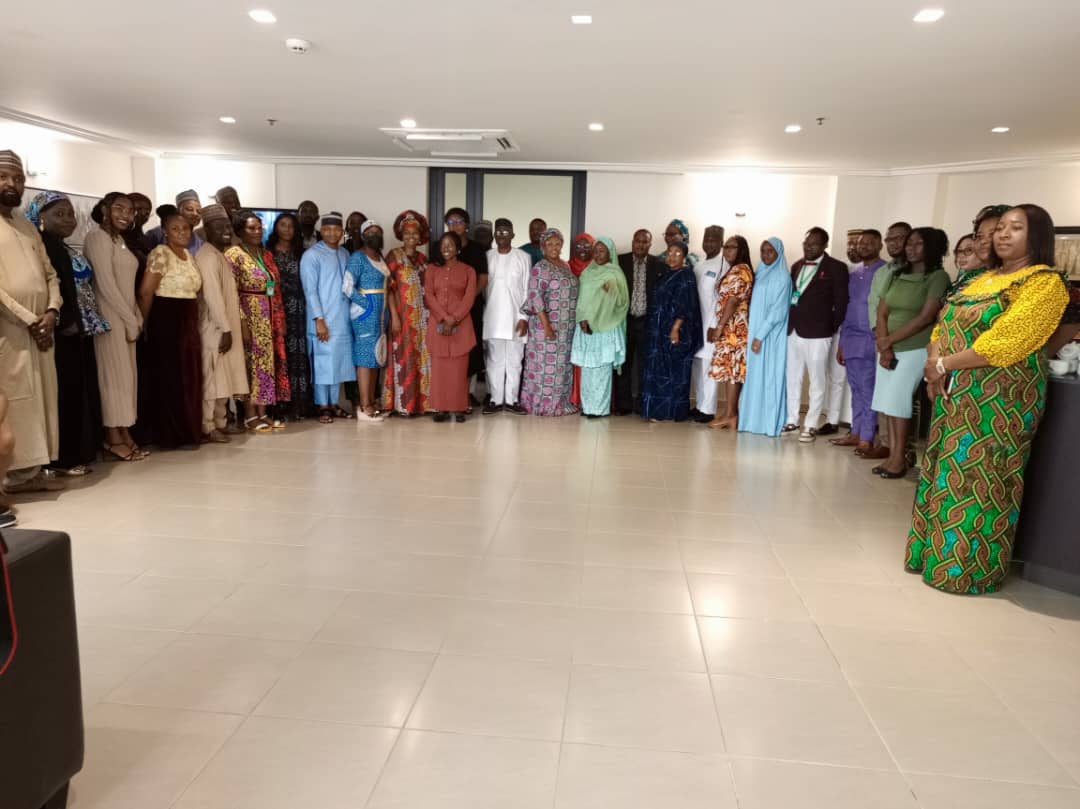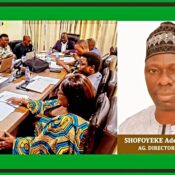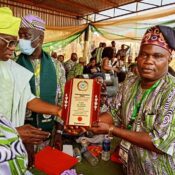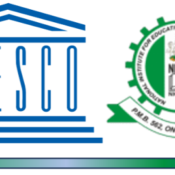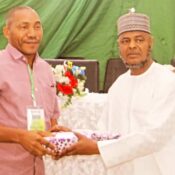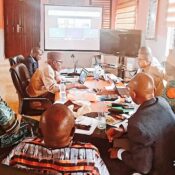The right of every girl of up of up to 12 years of free, safe, quality education was further highlighted at the Fraser Suites, Garki Abuja during the Gender Review and Advocacy for Gender Responsive Education Sector Planning (GRESP) in Nigeria championed by the Malala Fund and the Development Research and Project Center (DRPC), Abuja.
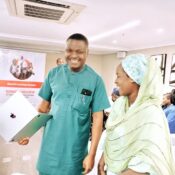
In a well-attended one-day workshop, stakeholders from the Presidency, Federal Ministry of Education (FME), National Institute for Educational Planning and Administration (NIEPA), Ondo, Federal Ministry of Women Affairs, National Institute for Policy and Strategic Studies (NIPSS), Kuru and Civil Societies graced the workshop and delivered goodwill messages on behalf of their organizations.
Welcoming the stakeholders to the GRESP, the Country Director of Malala Fund, Ms. Fatima Yerima Askira represented by Mr. Femi Aderibigbe, the programme director for Malala Fund told the audience that the Fund leverages the collective power of our Education Champions to create broader change and make it easier for all girls to learn. The Country Director further explained that this workshop aims to bring together key partners with a view to apply the Gender Responsive Education Sector Planning (GRESP) Model to State Education Sector Plans (SESPS) to Explain Girls’ Education Outcomes in Nigeria. The need to look deep into education sector plans in the states as it relates to the female gender to dismantle the barriers that prevent girls from accessing and completing secondary and senior education in Nigeria cannot be overemphasized, he said.
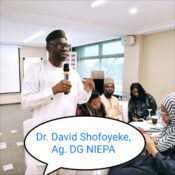 Also speaking at the workshop, the Acting Director General and Chief Executive Officer of the National Institute for Educational Planning and Administration (NIEPA), Ondo, Dr. David Shofoyeke commended the commitment of the organizers and the opportunity granted the NIEPA team to be part of a gathering of highly exposed experts and professionals in gender, educational planning, and other fields. He affirmed his belief that the workshop will produce outcomes that are bound to have far-reaching consequences on girls’ education in Nigeria. Dr. Shofoyeke stressed that Gender-responsive educational planning in Nigeria involves developing and implementing policies, programmes and strategies that address the specific needs and challenges faced by both girls and boys in the education system to promote gender equality and ensure equitable access to quality education for all. He highlighted NIEPA’s strides in the Northern states where sector plans are being developed/reviewed and that gender disparity exists at all levels of education including the participation of women in the planning process.
Also speaking at the workshop, the Acting Director General and Chief Executive Officer of the National Institute for Educational Planning and Administration (NIEPA), Ondo, Dr. David Shofoyeke commended the commitment of the organizers and the opportunity granted the NIEPA team to be part of a gathering of highly exposed experts and professionals in gender, educational planning, and other fields. He affirmed his belief that the workshop will produce outcomes that are bound to have far-reaching consequences on girls’ education in Nigeria. Dr. Shofoyeke stressed that Gender-responsive educational planning in Nigeria involves developing and implementing policies, programmes and strategies that address the specific needs and challenges faced by both girls and boys in the education system to promote gender equality and ensure equitable access to quality education for all. He highlighted NIEPA’s strides in the Northern states where sector plans are being developed/reviewed and that gender disparity exists at all levels of education including the participation of women in the planning process.
Shofoyeke concluded by commending the Malala Fund’s efforts in researching barriers to girls’ education and implored the fund to partner with the Institute to disseminate its findings and other awareness initiatives that will be useful to NIEPA in developing/review education sector plans in Nigeria and particularly the northern states.
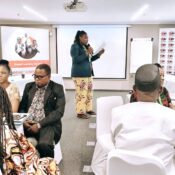 Other notable speakers who delivered goodwill addresses at the workshop include; the Special Assistant to the President on Women Affairs, Fatima Faruk, the Director for Educational Planning, Research and Development (FMoE), Mrs. Anigbogu Obianuju, the Chief Operating Officer of the Gender Center National Institute for Policy and Strategic Studies (NIPSS), Prof. Linda Kwon-Ndung, Assistant Chief Administrative Officer, Girl Child Division, Federal Ministry of Women Affairs, Angela Nkwocha among others.
Other notable speakers who delivered goodwill addresses at the workshop include; the Special Assistant to the President on Women Affairs, Fatima Faruk, the Director for Educational Planning, Research and Development (FMoE), Mrs. Anigbogu Obianuju, the Chief Operating Officer of the Gender Center National Institute for Policy and Strategic Studies (NIPSS), Prof. Linda Kwon-Ndung, Assistant Chief Administrative Officer, Girl Child Division, Federal Ministry of Women Affairs, Angela Nkwocha among others.
The event took place at the Fraiser Suites, Central Business District, Abuja on Tuesday 27th, February 2024.
Reported by Bodunde Tenabe (Media Officer NIEPA Ondo)
